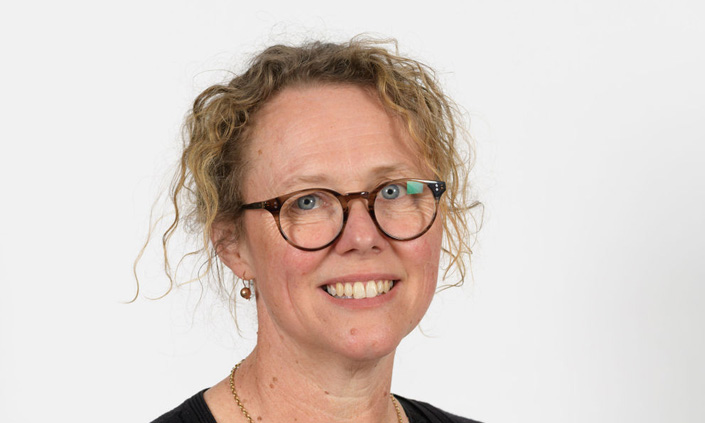Mental health policies need urgent reform
Mental health policies do not include directives on how access to health care information will be facilitated for people with intellectual disability.

The right of people to be able to access health care information is written into Australian and New South Wales government policy documents but mental health policies do not include directives as to how access to this information will be facilitated for people with intellectual disability.
“The gap between what the policy says and what actually happens, contributes to people with intellectual disability having poorer access to information about their own mental health condition and treatment, making it harder for them access services and be involved in decision making about their own care,” said Dr Bronwyn Newman, Research Fellow at the Australian Institute of Heath Innovation (AIHI), Macquarie University.
The research showed that very few mental health policy documents mention people with intellectual disability as a group that is disadvantaged or with additional communication needs. Evidence shows that people with intellectual disabilities do not have adequate access to mental health services and have worse mental health outcomes than the broader community.
"People with an intellectual disability and their supporters will need to be involved in future policy development and in creating strategies to improve access to mental health services. On a practical level, ensuring the availability of accessible strategies, such as Easy Read, is a vital step in creating more inclusive mental health services.”
This research was led by Dr Newman as part of her Doctoral thesis, with Professor Karen Fisher from the Social Policy Research Centre, UNSW Sydney, and Professor Julian Trollor, Chair of Intellectual Disability Mental Health, UNSW Sydney. This study was funded by a National Health and Medical Research Council Australia funded Partnerships for Better Health grant titled 'Improving the Mental Health Outcomes of People with an Intellectual Disability'.
Contact Chrissy Clay for more information.